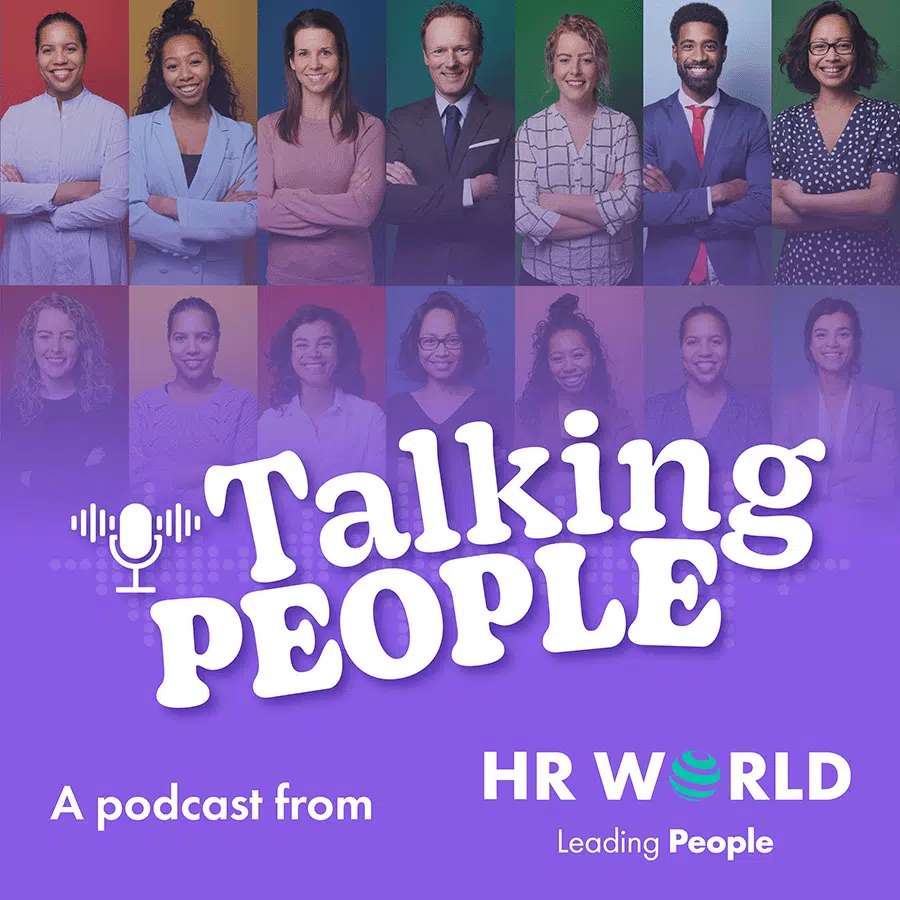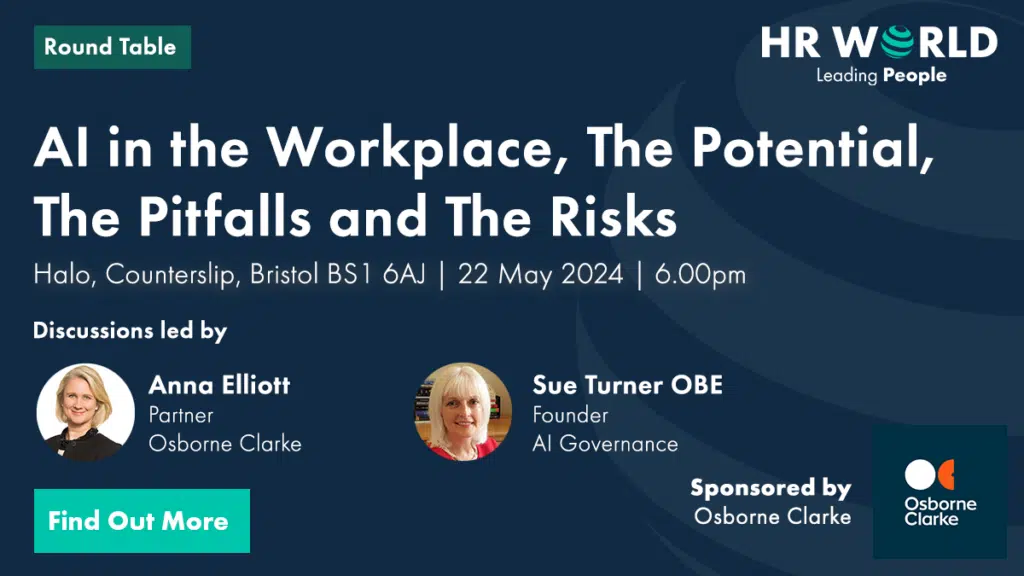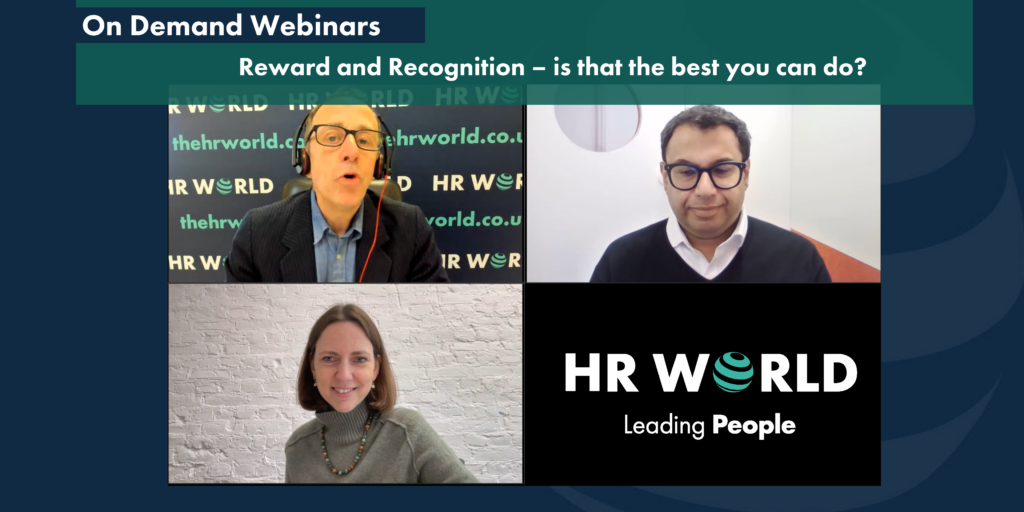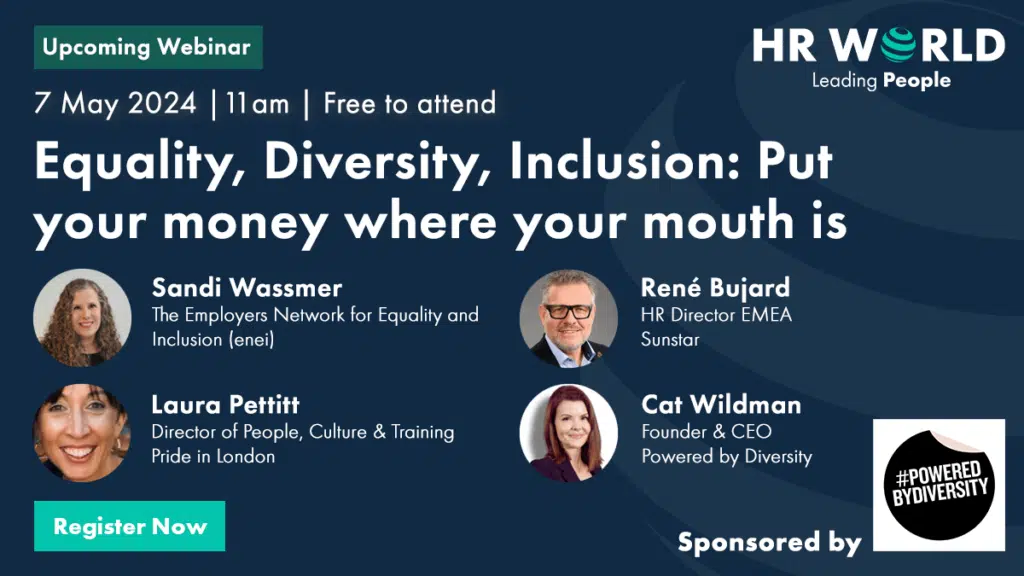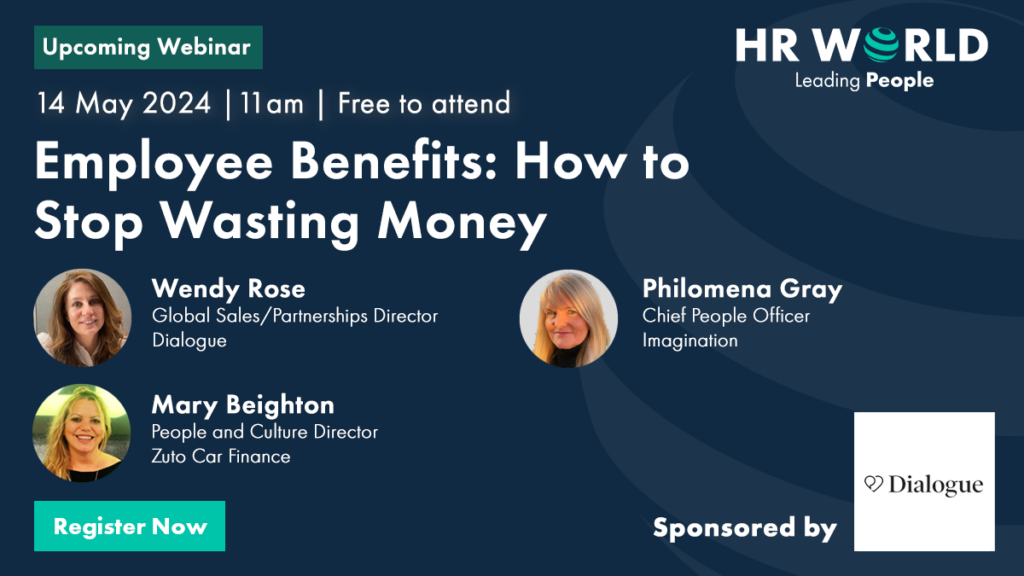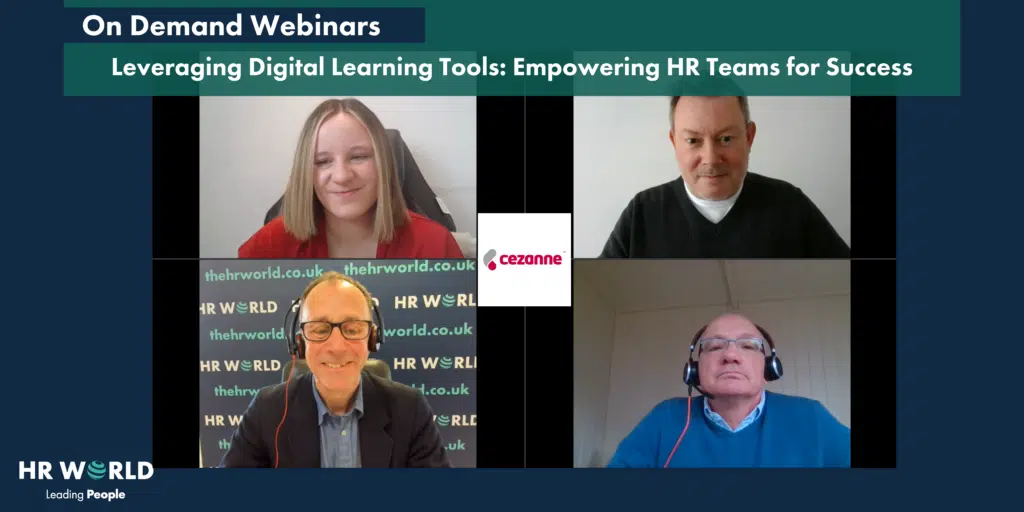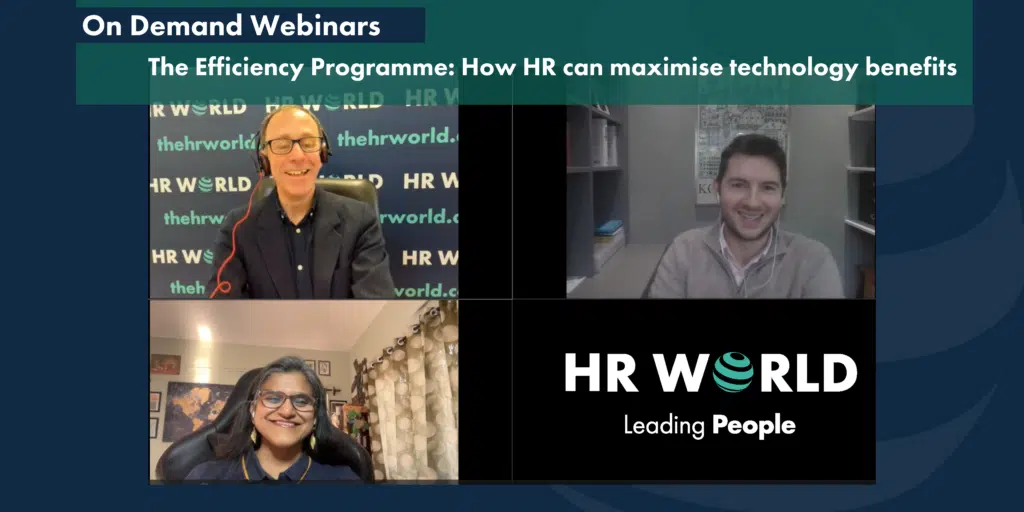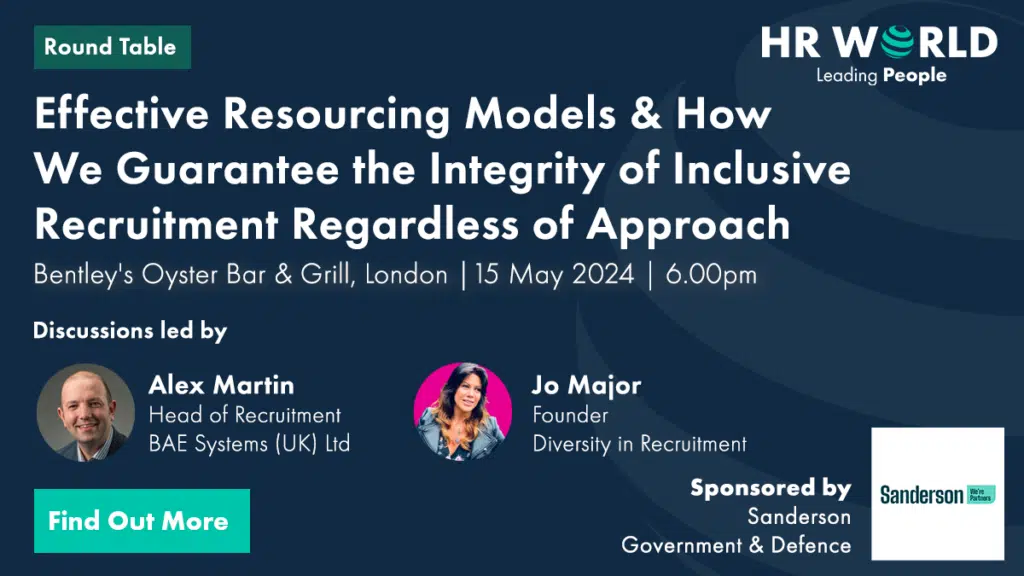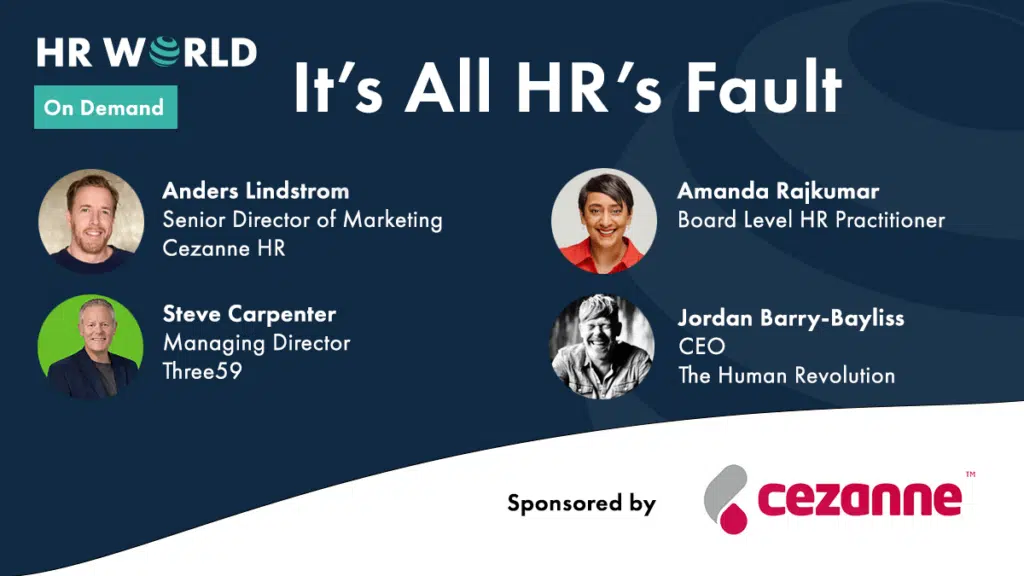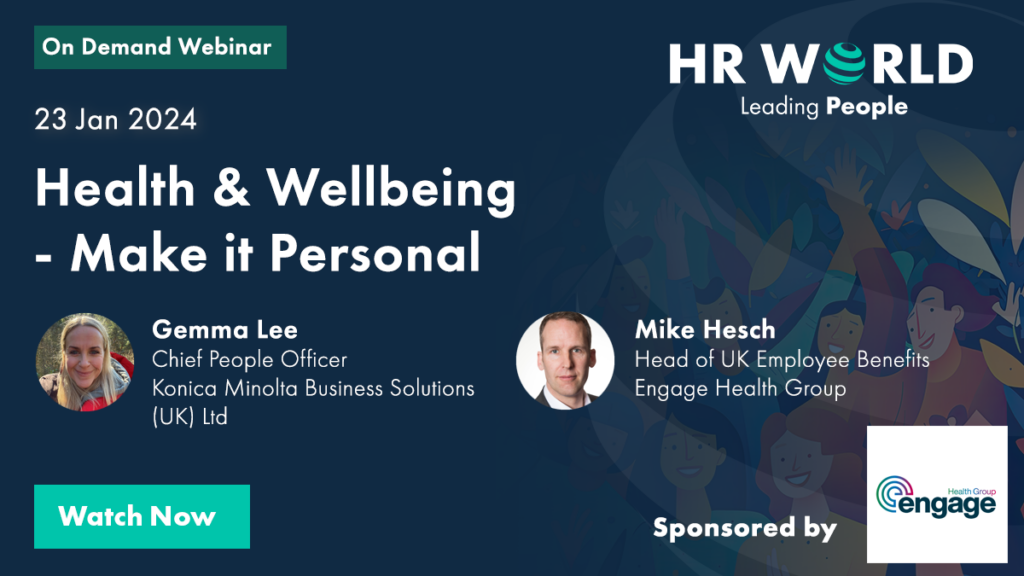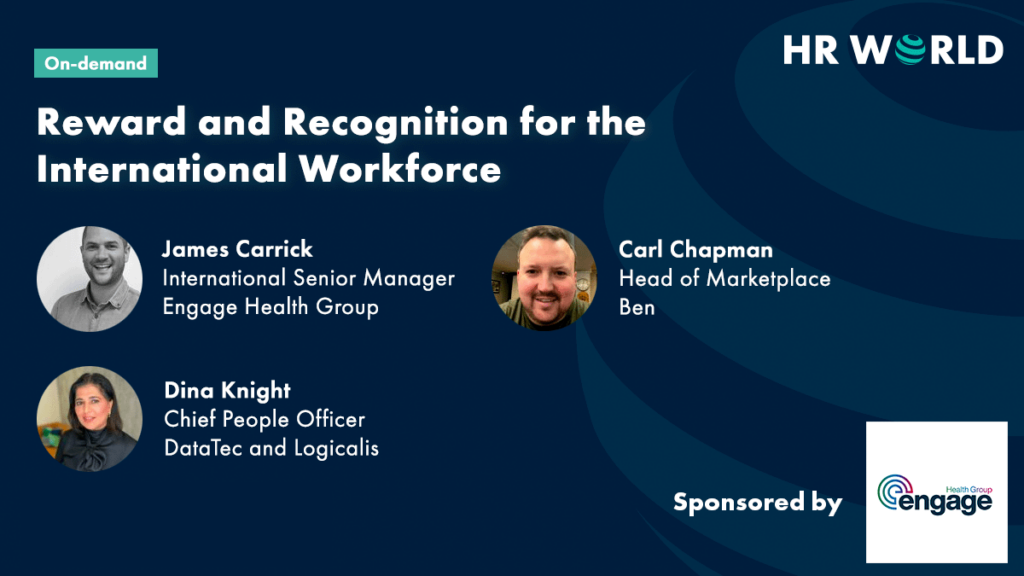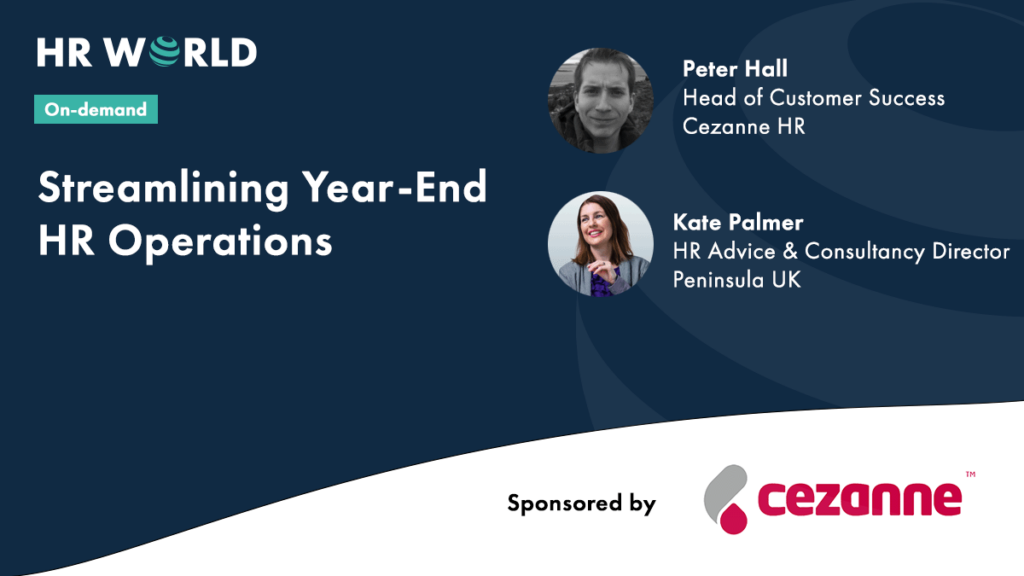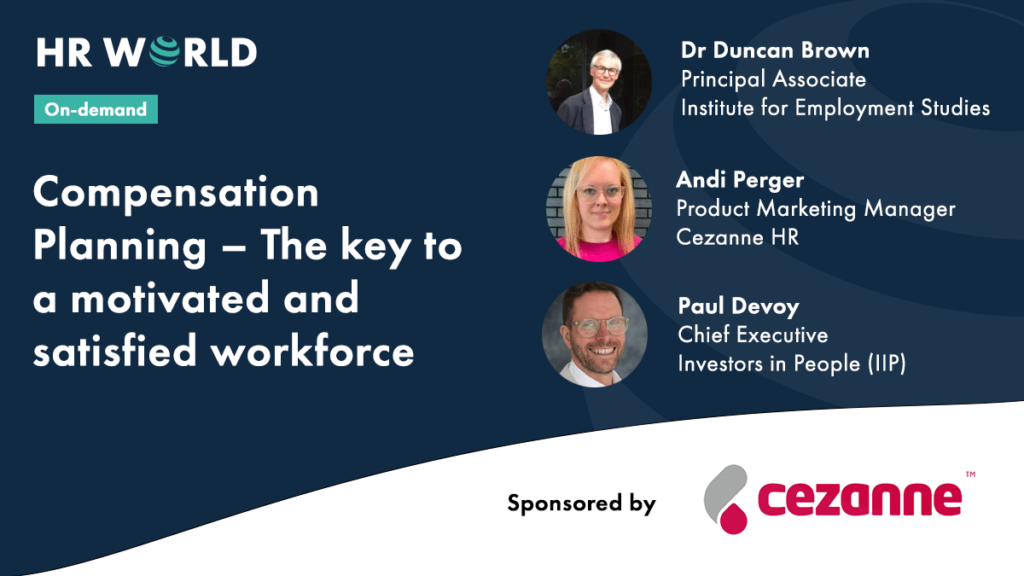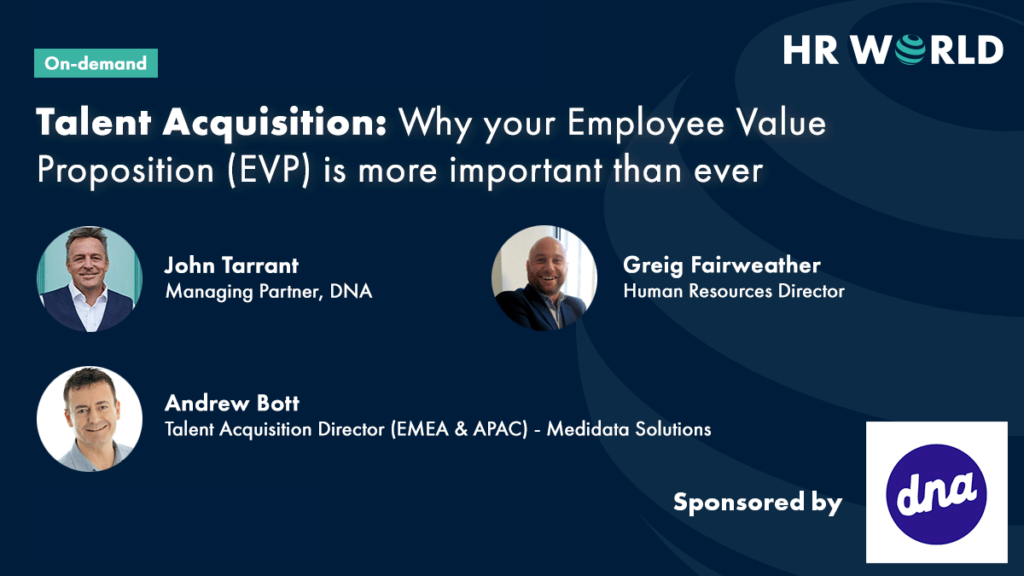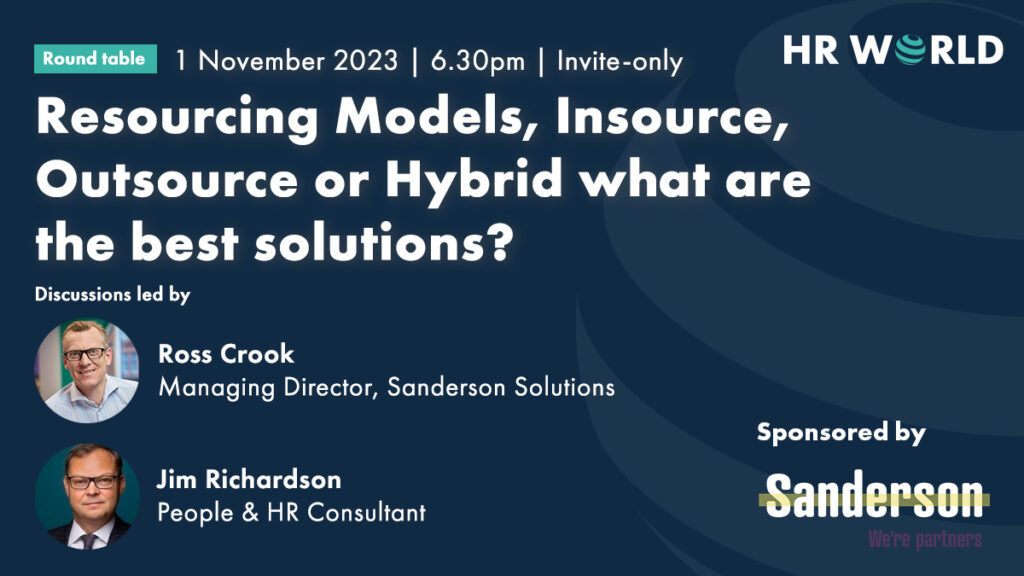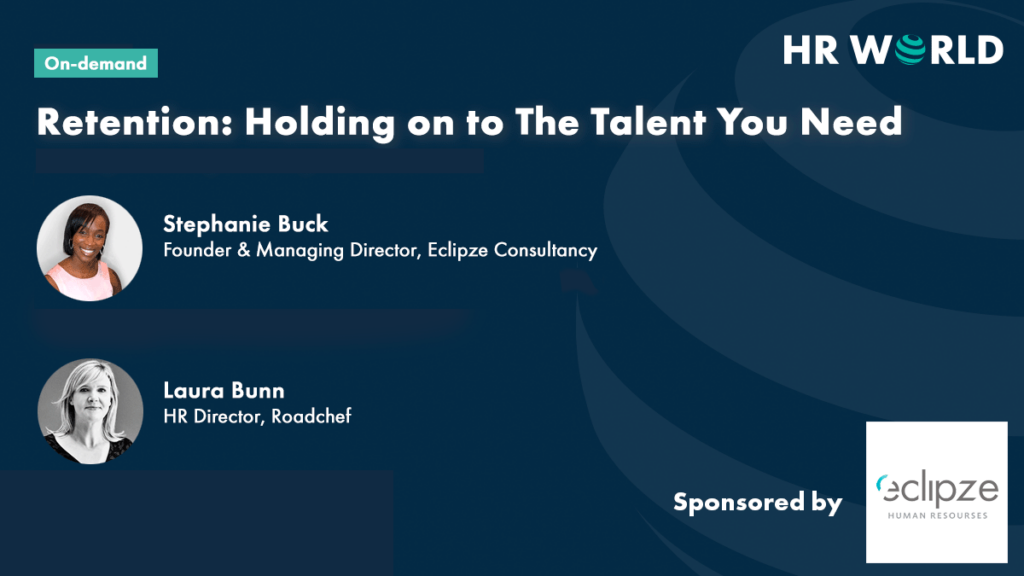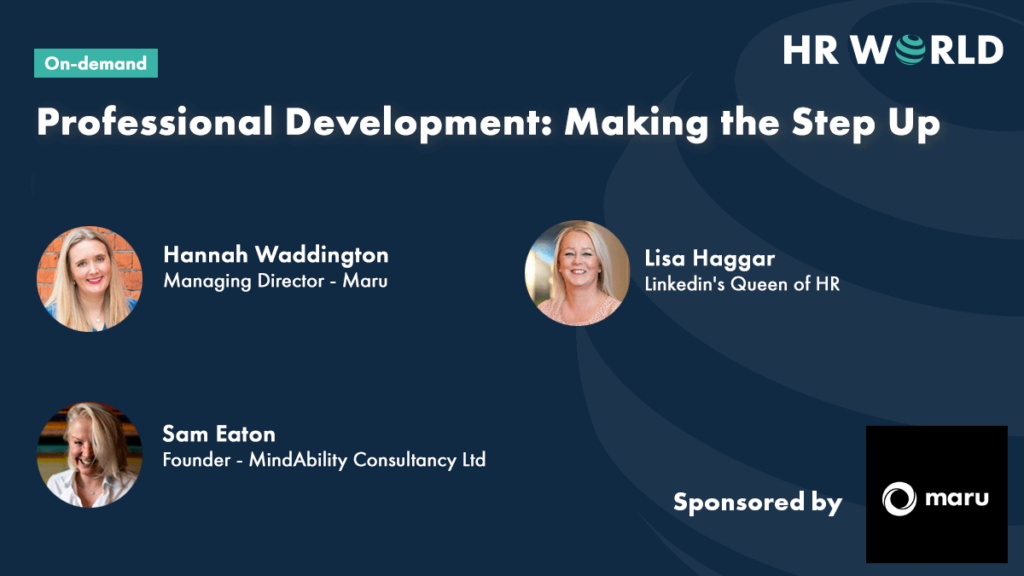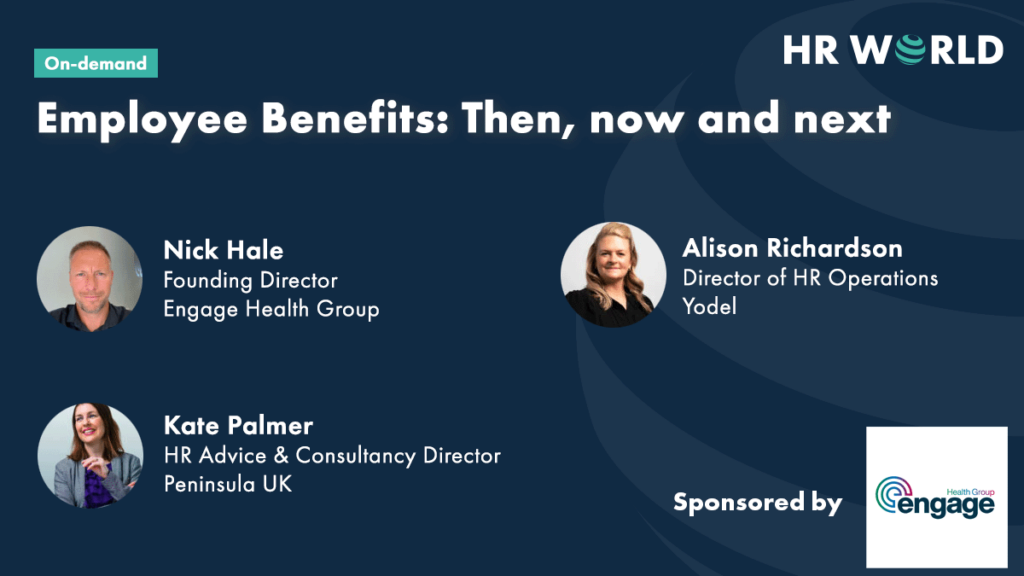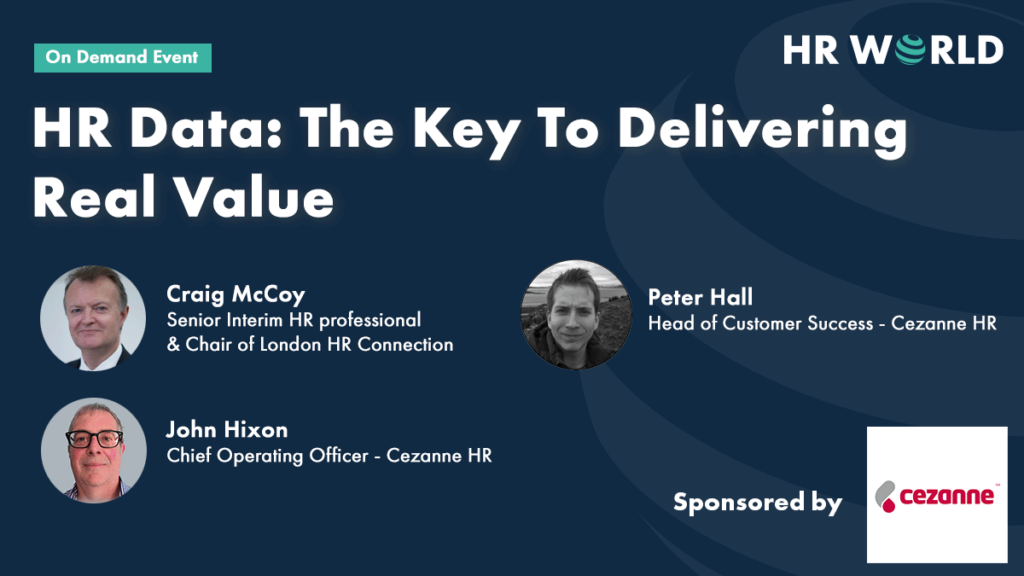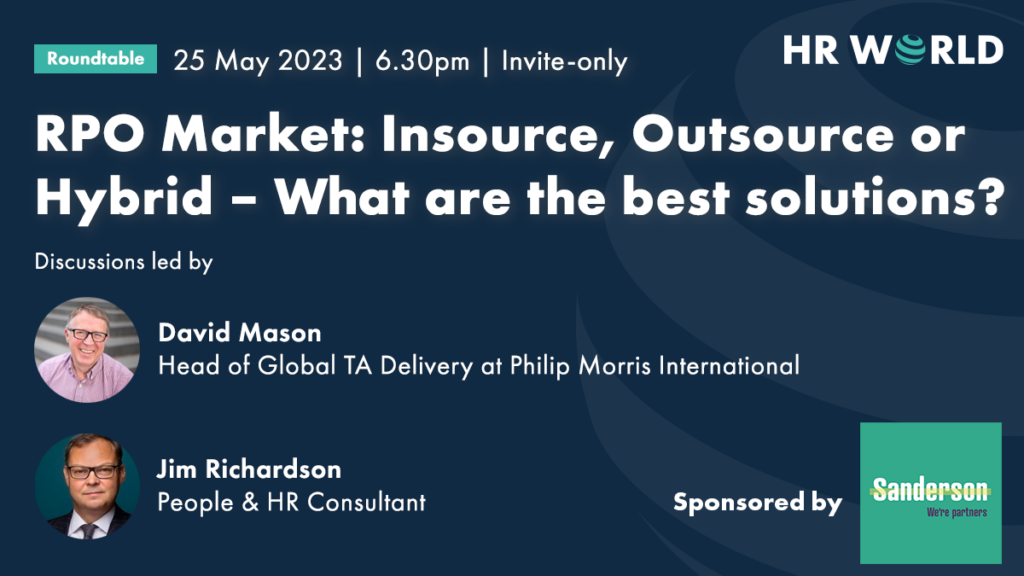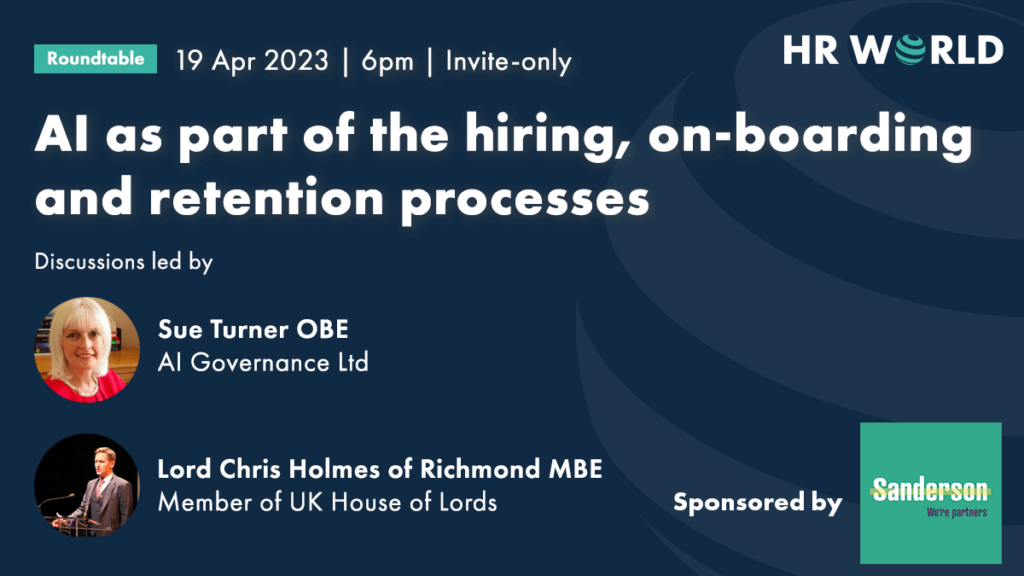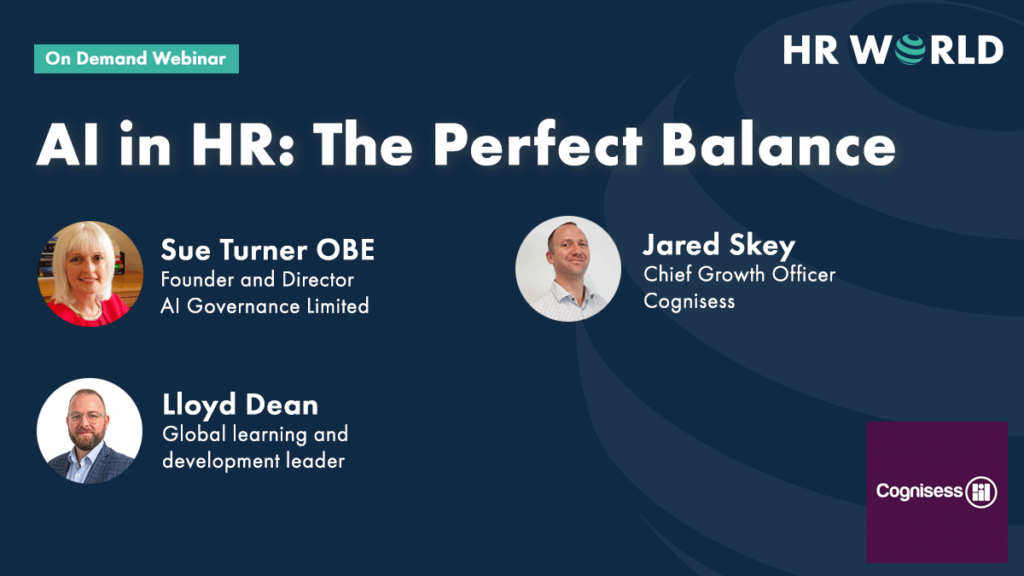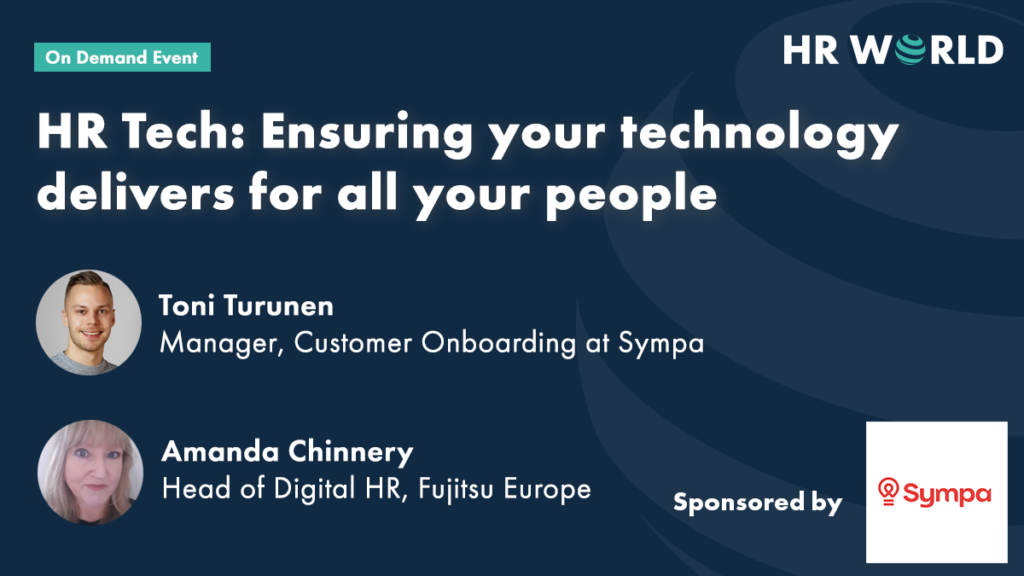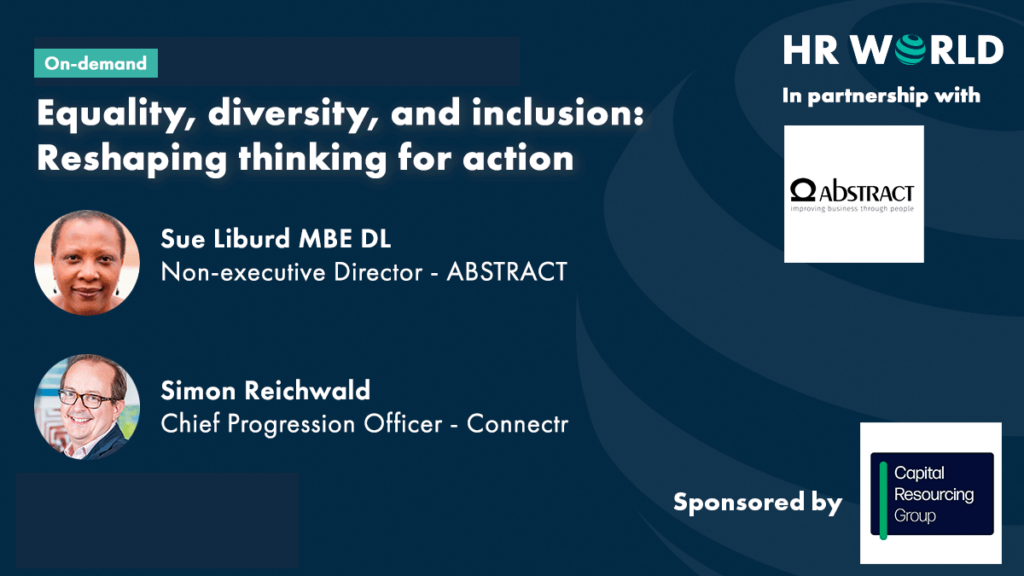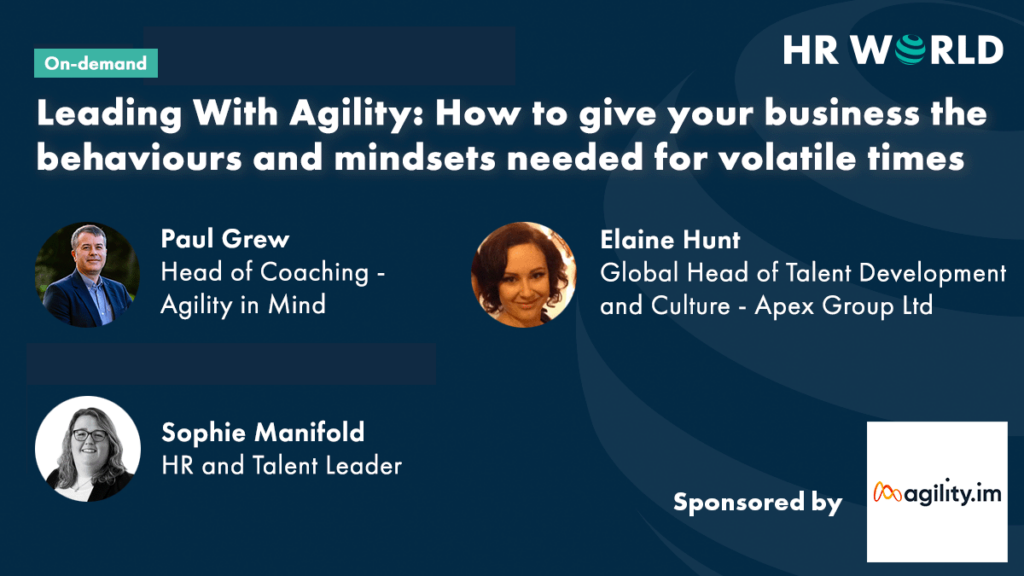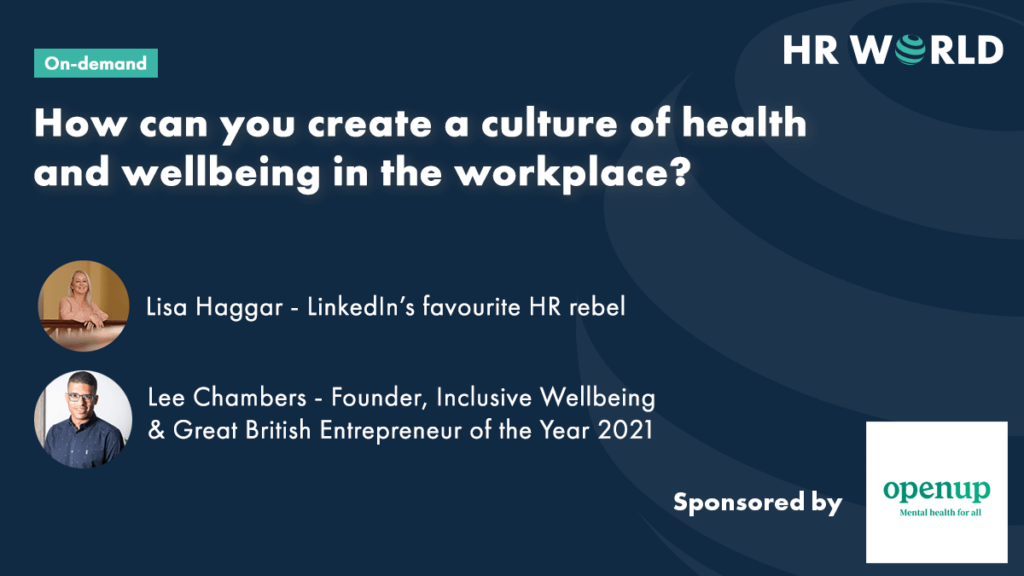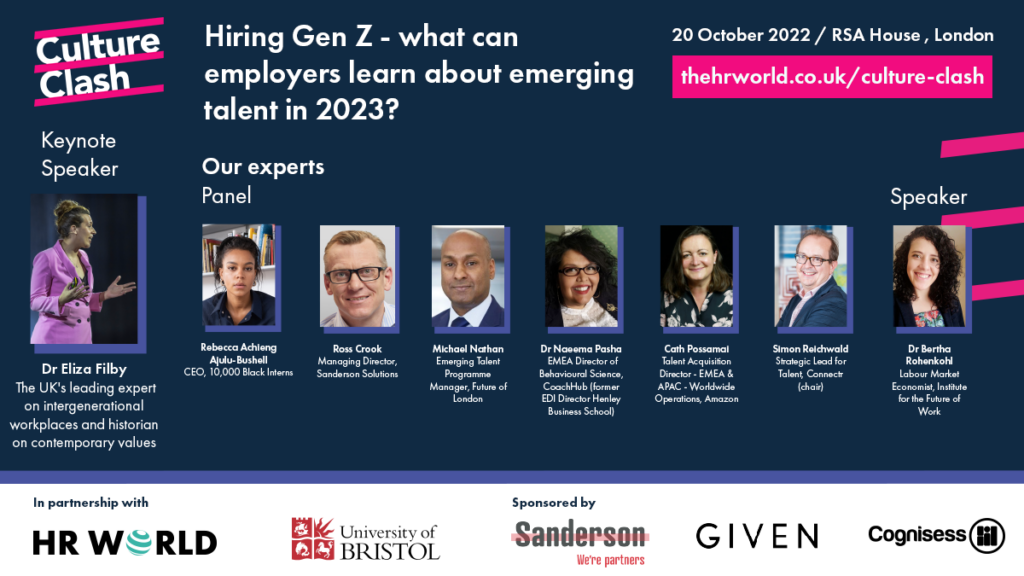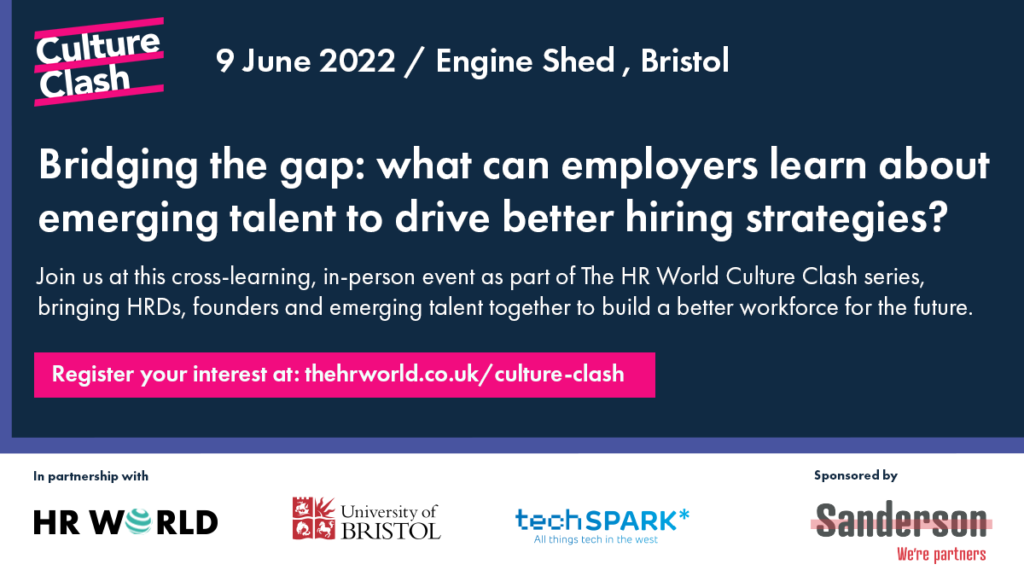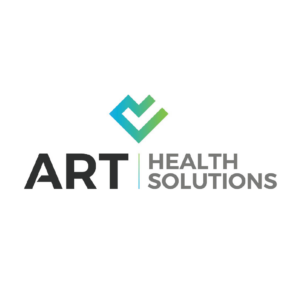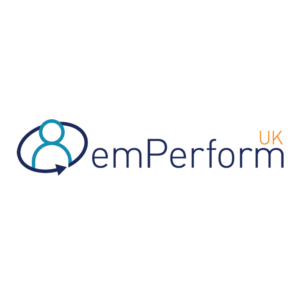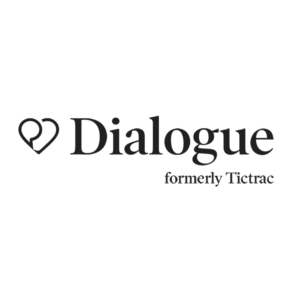Home » Knowledge Hub » Equality, Diversity and Inclusion » Don’t Leave Intersectionality Behind
Don’t Leave Intersectionality Behind
22 November 2023 Equality, Diversity and Inclusion

Story by
Jo Major Founder, Diversity in Recruitment
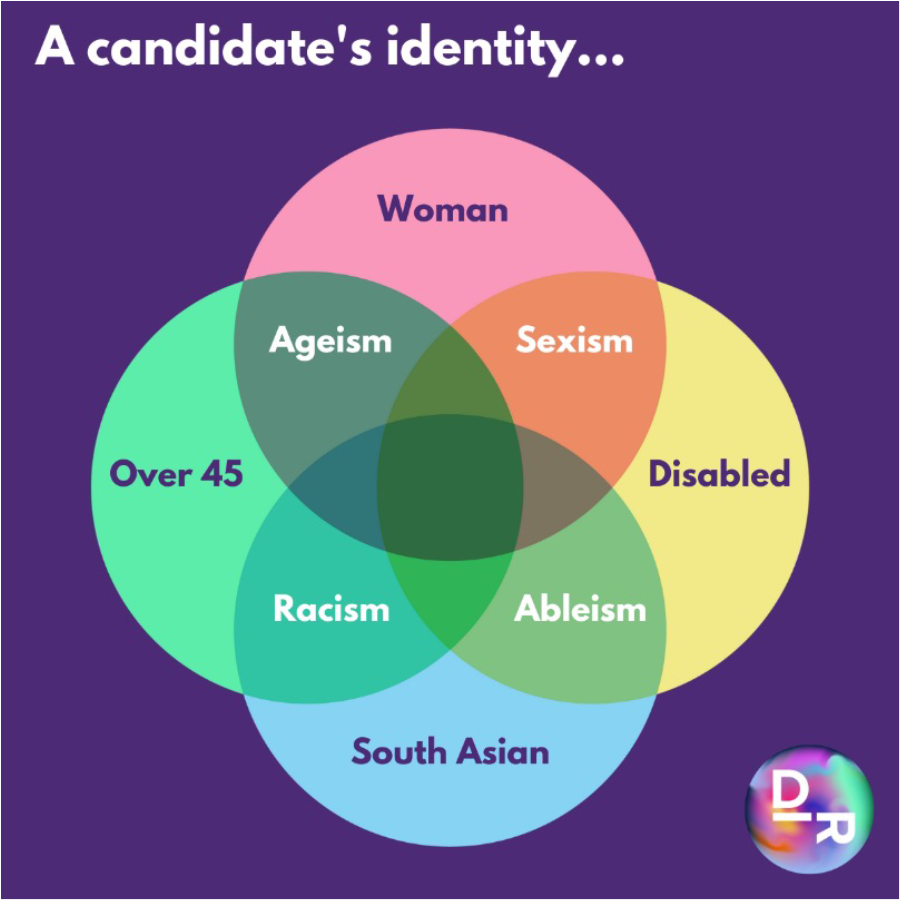
Jo Major Founder of Diversity in Recruitment & Co-Founder of Inclusive Recruitment Foundations, DEI Training for Recruiters and Hiring Managers on addressing all aspects of a person.
Identity matters.
Yes, even in 2023, your identity, background and circumstances can still significantly impact your career trajectory and experiences.
Depending on your demographic group, you can either look forward to a relatively straightforward career trajectory or, on the flip side, face multiple barriers for simply being you. Facts that many are still blissfully unaware of, with some believing in a complete meritocracy when it comes to the world of work. The old, ‘you can be anything you want, we all have the same 24 hours in the day, just manifest, dream big and knuckle down’ is a belief system some individuals hold, often belonging to majority workplace and societal groups.
Well, it’s a complete myth, and before you start quoting the likes of Richard Branson, Steven Bartlett, and Karren Brady, that’s a handful of folks from a pool of multiple millions of people that have pushed through the glass ceiling, avoided the glass cliffs, and prised themselves off the sticky floors and swerved workplace discrimination and bias.
Unacceptably large proportions of UK workers still face barriers to work and prejudice. We are still seeing mind-blowing inequality data around gender, race, ethnicity, age, sexuality, disability, parenthood, pregnancy, and neurodiversity, despite the noise that’s made around DE&I work from businesses up and down the country.
Why can we not just prioritise single, historically excluded groups?
Trying to ‘fix’ inequality for just one group at a time is a worrying trend. Some businesses appear to approach their equity efforts by focusing on just one or two systemically marginalised groups at a time.
It’s not uncommon for DE&I leads or HR to proudly announce their plans to tackle their gender equity issues as a priority, and in that, I mean their ‘straight, cis, non-disabled, neurotypical, white women’s issues’. All too often, race, ethnicity, age, disability, sexuality, and other identity markers are not factored into the work, and the focus automatically goes to tackling a lack of equity for a majority group facing the least amount of exclusion.
The challenge is that we don’t all fit into neat little boxes regarding our identity. We are multilayered humans and often have multiple social and identity markers that make us.
Unfortunately, for some, that means multiple barriers and points of potential discrimination. A DE&I strategy that focuses on just one identity characteristic needs to be revised because it doesn’t always support equality for everyone. We must see everything through an intersectional lens and centre intersectionality in all our work.
What do we mean by an intersectional approach to DE&I?
In its simplest form, we recognise how various forms of identity, like those mentioned previously, influence our careers and intersect, creating unique and multifaceted experiences of discrimination, prejudice, bias and inequality. Legal scholar Kimberlé Crenshaw coined the term in the late 1980s and initially used it to describe how Black women’s experiences of discrimination were often overlooked because they were considered within the separate frameworks of racism and sexism, without accounting for the specific ways these two forms of discrimination combined.
If we focus on just gender, our work is failing to level things up for Black and Asian women, Trans women, women from the LGBTQ+ community, disabled women, neurodivergent women, women who are responsible for most of the unpaid work at home, working-class women, women who didn’t have the resources to go to university, as examples, you get the point.
We also fail to recognise the privilege and oppression experienced by women based on their various identities and can miss the opportunity to provide more inclusive and equitable policies, practices and working environments.
How does this connect with recruitment?
Look at the diagram above. Let’s imagine this is just a snapshot of a candidate’s identity. As you can see, they identify as a woman, are of South Asian heritage, have a disability and are over 45.
According to data on UK employment, all four of our candidate’s main identity markers are subject to varying levels of disadvantage, potentially creating multiple barriers in the recruitment process and a potential quadruple dose of discrimination in their subsequent career.
Why multiple barriers?
We understand that women are more likely to face sexism and gender bias in recruitment, with men twice as likely to be hired than female applicants. Women are more likely than men to be asked about children and childcare responsibilities during an interview, and at the offer stage, women are more likely to be low-balled regarding salary.
Candidates who are either Black, Asian or from other ethnic groups still have to send, on average, 60% more applications than their white counterparts, and most ethnic groups earn less on average than white employees. And let’s not forget that racism is alive and kicking across many UK businesses, whether it be systemic or overt, one in three adults have either experienced or witnessed racism at work.
Recruitment processes still fail disabled candidates, with one in five hiring managers admitting they’d be less likely to hire someone with a disability. Research also shows us that disabled people have to apply for 60% more jobs than non-disabled people to secure a role.
Women over 45 are more likely to face ageism than men, and some research shows it kicking in at 40 and 64% of women say they have experienced age discrimination in the workplace. Many older workers are still being stereotyped in the recruitment process, and research tells us that if you are from a Black or Minority Ethnic group, you are more likely to be discriminated against based on age – a perfect example of intersectionality.
In conclusion
It is critical for HR to consider intersectionality in their DE&I efforts. Acknowledging that discrimination takes on many forms, that exclusion is nuanced, and that experiences vastly differ from person to person enables us to appreciate the complexity of providing equity and equality and take a much more strategic approach to our 2024 plans to evolve our organisations.
https://www.diversityinrecruitment.com/
https://www.linkedin.com/in/jomajordiversityinrecruitment/


